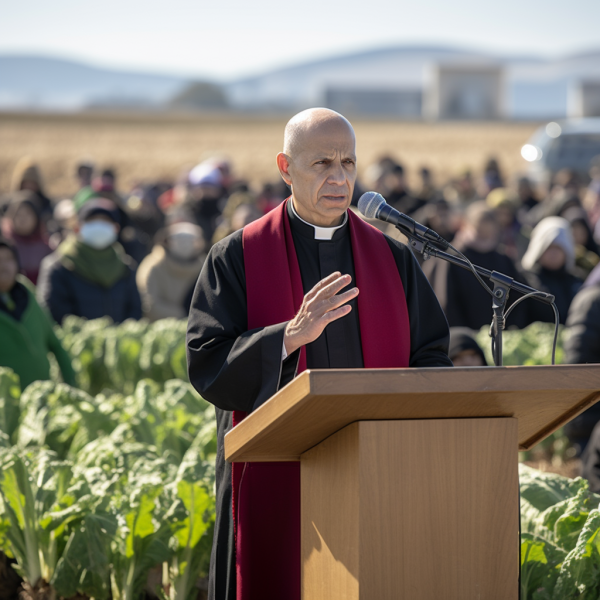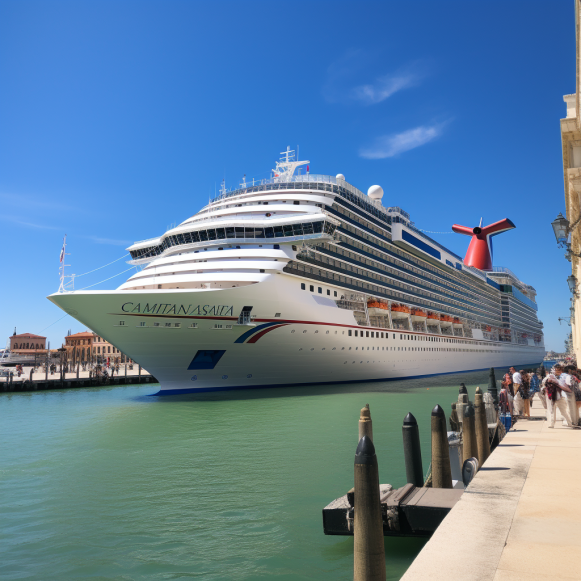Facing more than 500 abuse lawsuits, San Francisco Archdiocese says bankruptcy ‘very likely’

Faced with a staggering pile of more than 500 lawsuits alleging long-ago child sexual abuse by clergy, the Archdiocese of San Francisco, one of Northern California’s oldest Roman Catholic institutions, says it will “very likely” file for bankruptcy, joining more than a dozen other dioceses across the country, including Oakland and Santa Rosa.
The lawsuits were filed in response to a recent state law that made it easier to bring decades-old complaints forward. However, this latest wave is five times the size of what the archdiocese faced two decades ago when the state relaxed restrictions on filing long-ago abuse claims. A bankruptcy filing would be the latest chapter in the saga of an archdiocese founded during the California Gold Rush that now serves 450,000 Roman Catholics in three Bay Area counties and once ruled over the faith throughout Northern California and beyond.
“For several months now, with the assistance of our financial and legal advisors, we have been investigating the best options for managing and resolving these cases,” Archbishop Salvatore J. Cordileone wrote to parishioners in a statement on the archdiocese’s website on Friday (https://sfarch.org/protecting-children/). “I am deeply saddened by the sinful acts and the harm done to the lives of innocent children who placed their trust in church priests, staff, and volunteers.”
Victim advocates slammed the announcement as a legal maneuver designed to limit payouts to the abused and avoid further disclosures that could lead to new claims.
“It’s all about protecting secrets first, and then reducing just compensation to the victims they’ve created,” SNAP, the Survivors Network of those Abused by Priests, said in a statement, noting that the San Francisco archdiocese is one of only a few dioceses that has refused to publish lists of credibly accused clergy. “The Archdiocese may be morally bankrupt, as evidenced by their refusal to publish information about known abusers, but we doubt they are financially bankrupt.”
The decision comes months after the Diocese of Oakland filed for bankruptcy in May as it faced some 350 abuse claims, and the Diocese of Santa Rosa filed in March, facing about 220 claims. The Diocese of San Diego has indicated bankruptcy plans, citing 400 claims, and is expected to file in the fall. The Diocese of Sacramento has also stated that it is considering filing. In 2017, the Diocese of Stockton declared bankruptcy in 2014.
The Diocese of San Jose, founded in 1981 and formerly part of the Archdiocese of San Francisco, “is not considering a bankruptcy proceeding,” spokeswoman Cynthia Shaw said Monday.
Dan McNevin, SNAP treasurer and a former Fremont altar boy, noted that the majority of abusive priests in the South Bay were under the supervision of the San Francisco archdiocese at the time of their alleged actions.
According to Catholic News Agency, there are now more than a dozen active bankruptcy cases involving Roman Catholic dioceses across the United States, with the most recent filing in the Diocese of Ogdensburg, New York, the sixth in that state. Other active cases include the dioceses of Santa Fe, New Orleans, Harrisburg, Pennsylvania, Camden, New Jersey, and Norwich, Connecticut.
Late last month, the New York Diocese of Syracuse announced a $100 million settlement in its 2020 bankruptcy case, which victim lawyers called the second-largest to date by a Roman Catholic institution in bankruptcy.
Victim advocates anticipate a San Francisco archdiocese filing soon, as the first of its abuse cases is set to begin later this month, and the archdiocese has stated that a filing would halt all litigation.
Cordileone stated that declaring bankruptcy would allow the archdiocese to resolve all claims at once rather than individually, resulting in a more equitable resolution for all alleged victims while ensuring the archdiocese’s ministry and charitable work in San Francisco, San Mateo, and Marin counties. Individual parishes and schools would not be affected by the insolvency.
The archdiocese refused to say how much it expects to pay to settle claims, but it denied that the bankruptcy is intended to reduce payouts to abuse victims. According to the archdiocese, declaring bankruptcy ensures that those whose individual cases are heard first do not have an advantage in reaching financial settlements.
The most recent claims are made under AB 218, a bill signed into law by Gov. Gavin Newsom in 2019 after Gov. Jerry Brown vetoed two previous similar bills that made it easier for adults to file older claims. The law allowed those claims to be filed between 2020 and 2022.
Cordileone stated that when California lawmakers allowed a one-year window to bring otherwise barred child sex abuse claims in 2003, the archdiocese paid $68 million to settle about 100 accusers’ claims through property sales and insurance.
According to Cordileone, who has been archbishop since 2012, “the vast majority of the alleged abuse occurred in the 1960s, 1970s, and 1980s and involved priests who are deceased or no longer in ministry.”
However, McNevin stated that nearly 500 alleged abusers have been linked to the archdiocese and questioned its handling of a former Marin Catholic High School lay teacher who resigned in May while Oakland Police investigated complaints that he sent an inappropriate text to a youth altar server there). McNevin stated that initial disclosures about the teacher’s departure to Marin Catholic families did not reveal the gravity of the situation.
According to Peter Marlow, an archdiocese spokesman, the school “did everything one could reasonably expect in this situation.”






